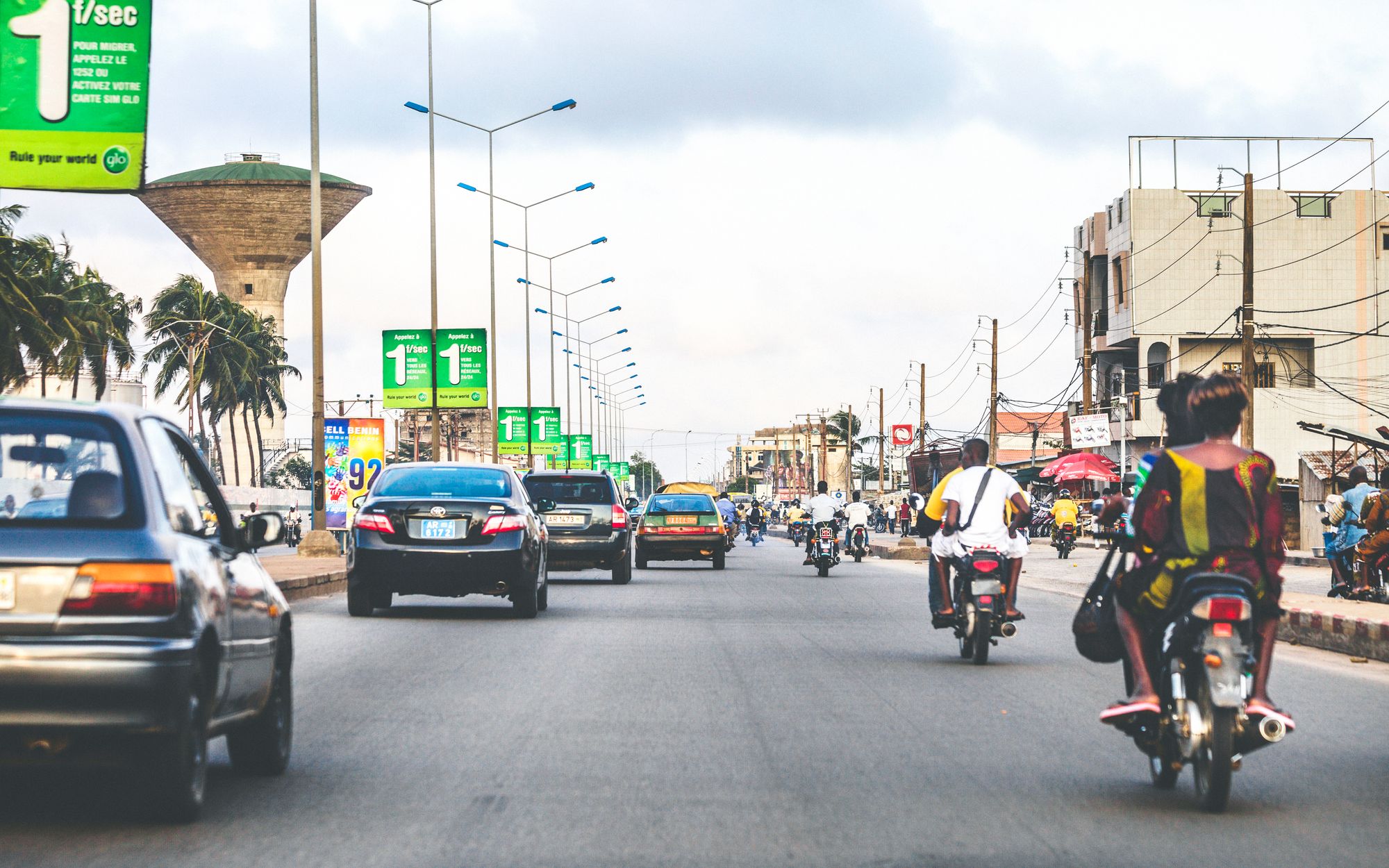In recent years debt distress in African countries has been accelerated due to the impact of COVID-19 and Russia’s invasion of Ukraine. With public debt and inflation reaching levels not seen in decades, many countries across the continent are reporting double-digit inflation which has eroded household purchasing power and hit the most vulnerable. Owing to this Africa’s economic recovery has been interrupted with 2023 growth projections from IMF expected to decline to 3.6%.
In spite of the G20 countries; which represent the majority of African creditors, implementing the Debt Service Initiative and the Common Framework in 2020 to temporarily pause debt payments and further assist African countries in debt restructuring, African countries are still in debt distress with 22 African countries being identified by the IMF as either already in debt distress or at high risk of debt distress.
The rise of Africa’s digital economy has been poised to transform societies by improving millions of lives through job creation and growth of the labor markets which are critical in Africa’s economic recovery and prevention of debt risks. According to the United Nations, internet business in the continent could add $180 billion to the continent’s GDP by 2025, however to harness these benefits industry stakeholders will need to work together to address structural barriers which include reach and usage.
“Investments in Africa’s digital economy have the potential to unlock several opportunities linked to managing Africa’s debt crisis,” says Sampson Kofi Adotey an Inclusive Innovation Specialist
A recent World Bank report under the title of “Digital Africa: Technological Transformation for Jobs,” stresses on the urgency of having concerted efforts to bridge the digital divide in Africa for the continent to move to a new phase of growth.
According to the report Africa has been projected to have the largest share of the global workforce by 2100 which is why the continent must boost the uptake of digital technologies in order to create opportunities for more than 22 million people in the continent to join the workforce annually.
The report notes that the rate of internet usage varies across the continent with South Sudan having the least of about 6 percent and South Africa hitting the highs of 53 percent. These numbers show that Africa still has a long way to go to achieve full benefits of digitization. Rapid investment, structural and policy reforms as well as boosting of tech talent through training will help in bridging the digital gap currently present in the continent.
“For Africa’s digital economy to take flight basic connectivity and investments targeted at upping the literacy and numeracy levels towards future proof skills acquisition will ensure that the unemployment rate becomes minimal,” Kofi urges.
Africa’s internet economy which is projected to reach $712 billion, roughly about 8.5% of the continent’s GDP by 2050 is transforming development on the continent through leveraging on complex challenges like access to healthcare, education and finance by providing innovative solutions to them. Fintech has taken the continent by storm and have remained the lifeblood of Africa’s venture funding haul in recent years with 2022 not being any different. According to Disrupt Africa about 633 African startups raised a combined $3.3 billion in 2022.
The potential of Africa’s internet economy in addressing Africa’s debt distress also relies on governments creating a favorable legal and policy climate. Enactment of policies that attract domestic and foreign direct investment will help governments raise more finances to address the challenges they face.
“Regulation and new tax regimes of the digital economy will potentially open up new financial benefits that could help finance other sectors and develop the economies of the various African nation states,” Kofi reiterates

